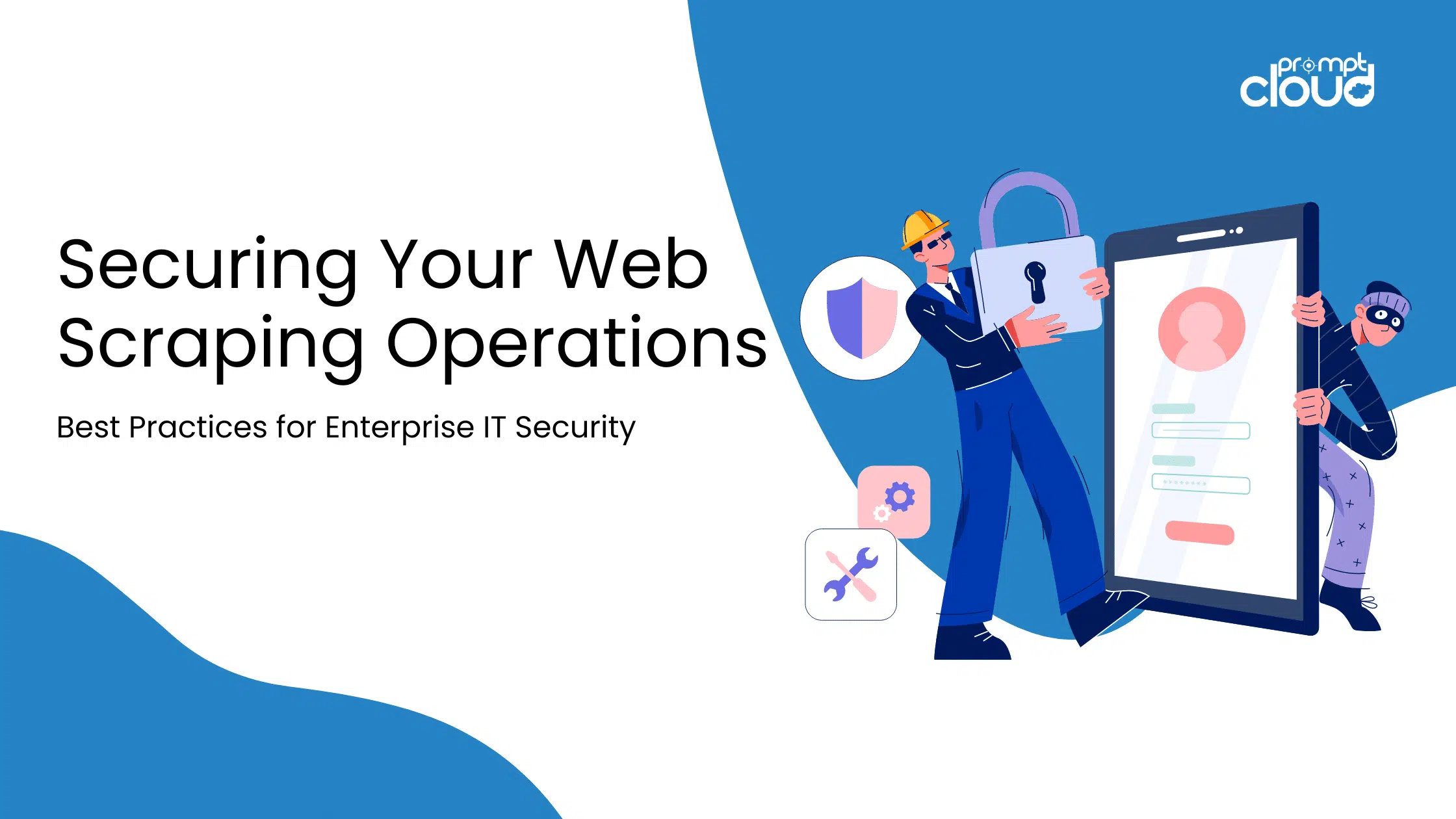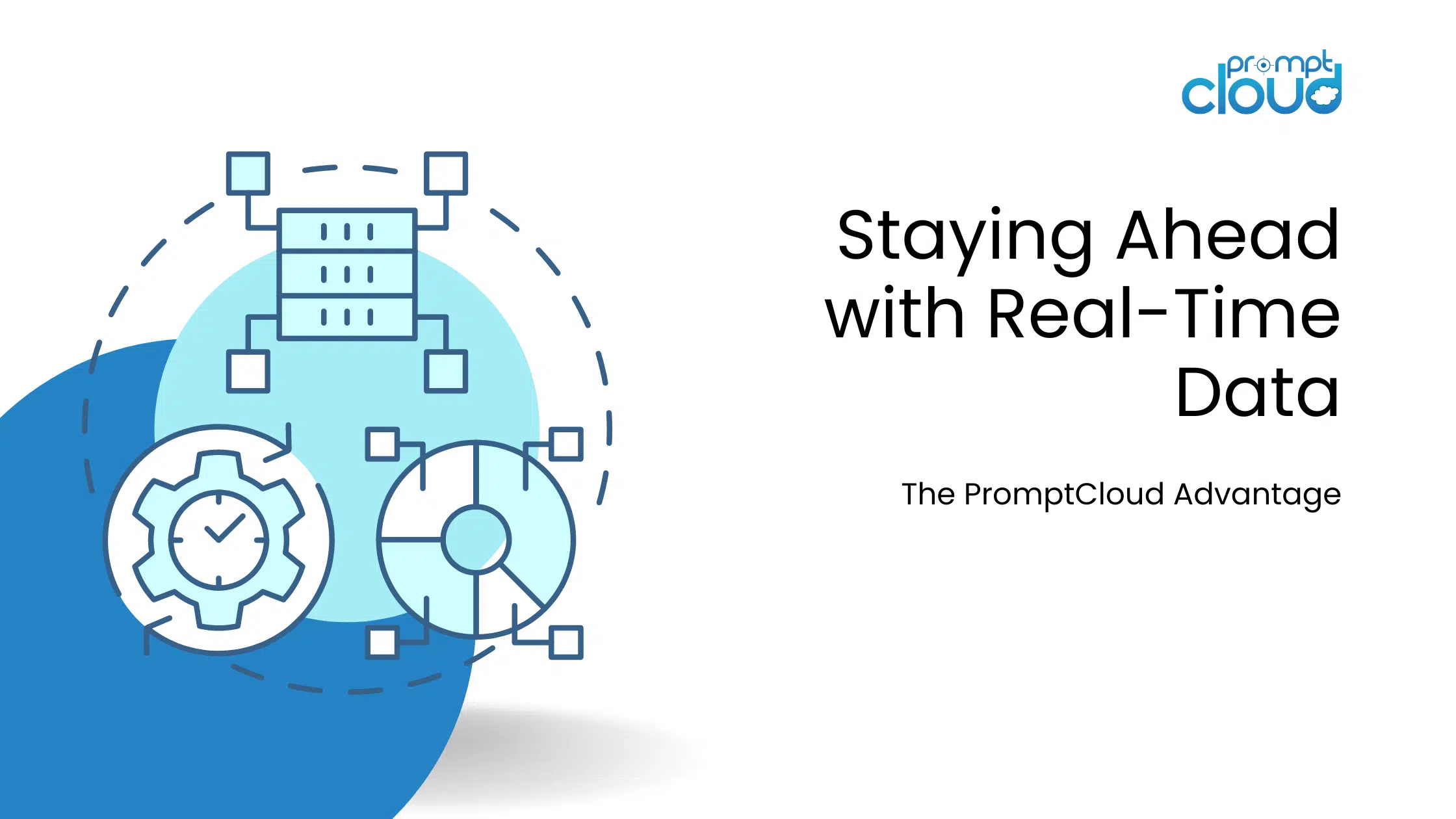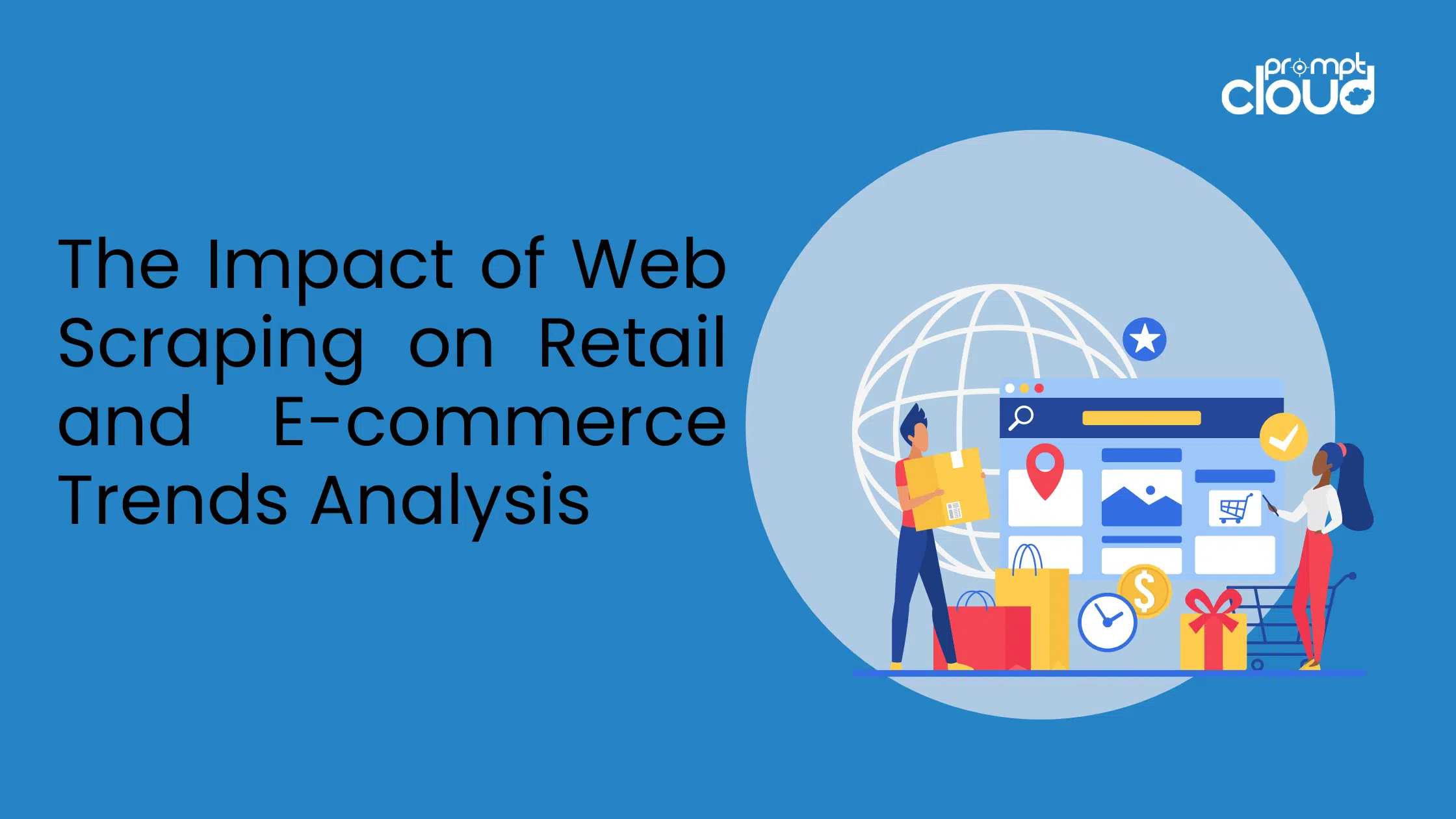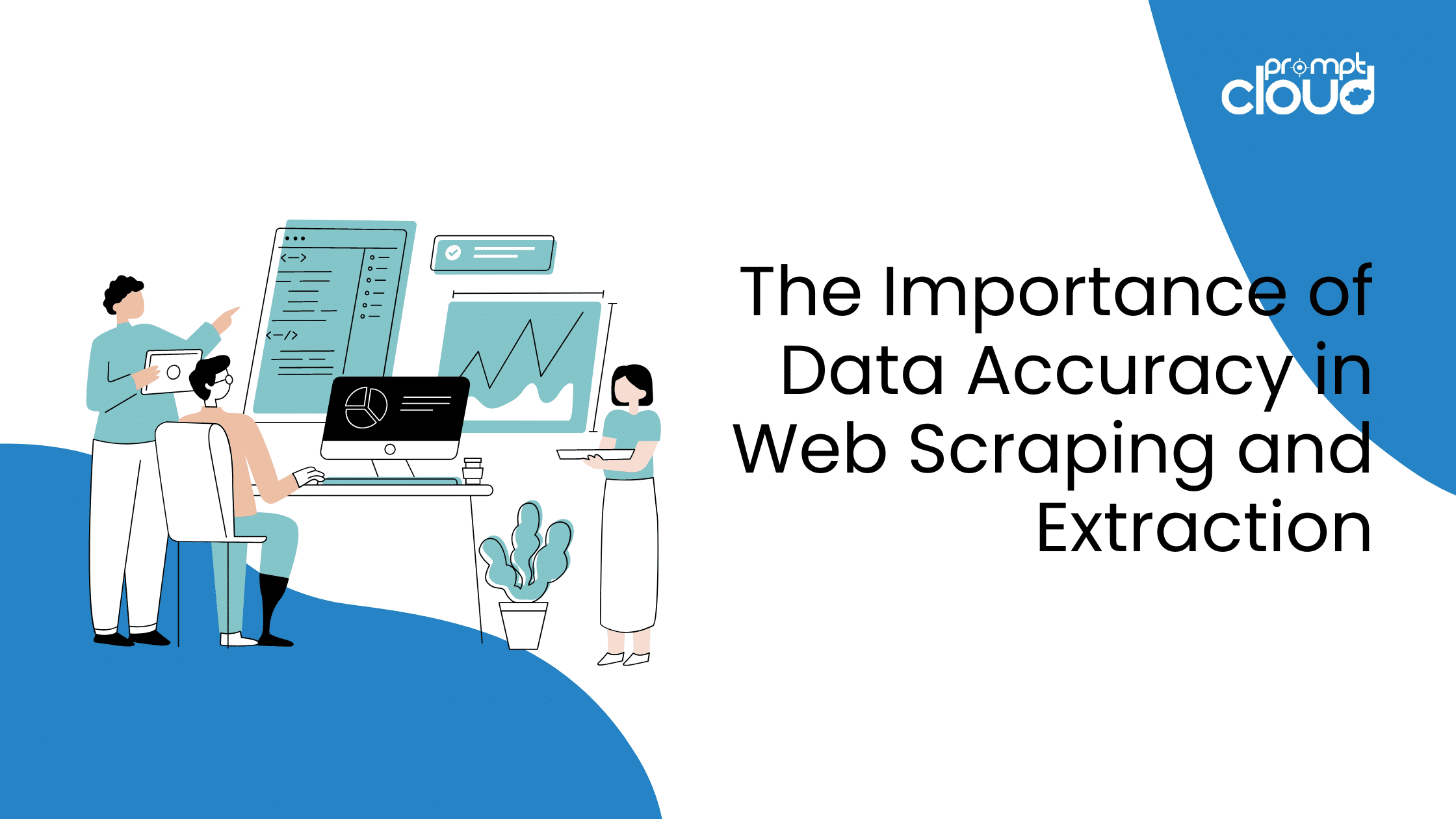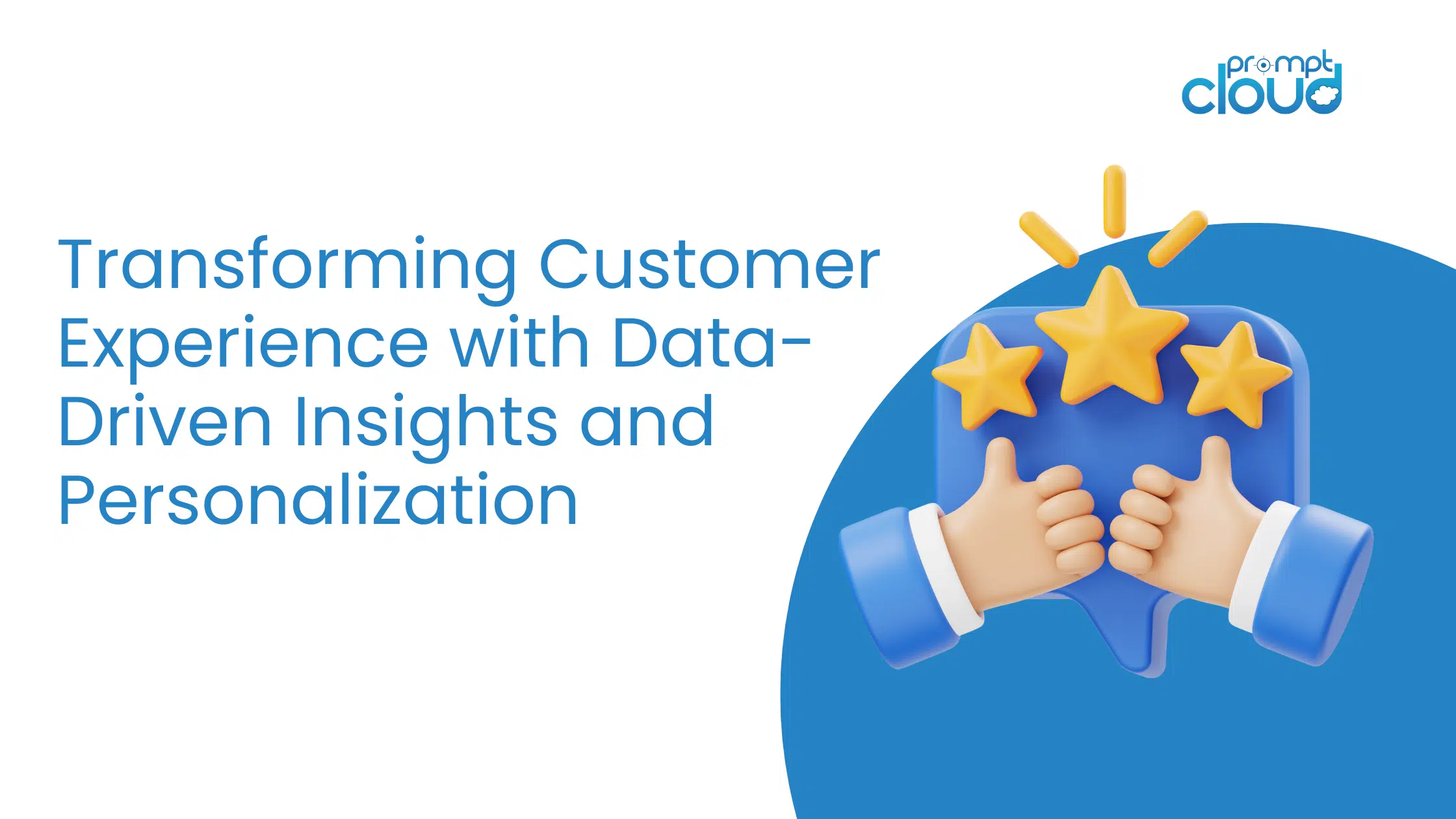Web scraping and big data are proving to be the essential catalyst in the success of businesses across industries these days. Guess the competitive intelligence and business insights derived from scraped data is too good to be ignored. Considering the massive data volume available today, there is no question of aggregating this data without the help of automated scraping solution. What is limiting the businesses from adopting the web crawling technologies then? Limited Skills? Resources? Solution Awareness? Or is it the myths surrounding web crawling and scraping? Let us try to burst the most common web scraping myths and clear our understanding of web scraping solution.
Myth 1: Scraping Web is Illegal
Many businesses might have this notion, that scraping web is a black hat, illegal activity that you have to do while looking over your shoulder. It is completely wrong. To give you some perspective, Google is nothing but a huge web crawler that crawls every website that doesn’t block crawlers using their robots.txt.
There are of course ethical codes and best practices that should be followed while scraping websites. Websites that have blocked crawlers via robots.txt or have a TOS page that states their disapproval to web scraper shouldn’t be crawled. So there is the legal zone of data scraping. Apart from this, crawling a website is as legal as visiting the one, while using your web browser. You can refer to our previous post where we have detailed if web scraping is legal.
Myth 2: Web Scraper Generates Usable Data
Web scraper set-up can crawl a set of source websites, get the predefined data points from them and save it to a dump file. This doesn’t guarantee the quality and usability of the extracted data file. In fact, the initially scraped data often contains noise and duplicate entries. Noise here refers to the unwanted elements that got scraped along with the required data.
A web scraping service has to further process this data to turn it into a usable format. Deduplication, cleansing and formatting are the steps involved in making the data ready for analytics applications. If you expect a webscraper set up to deliver clean, structured data out of the box, sorry to break the bubble.
Myth 3: Web Crawling set-ups are Resilient and Versatile
A web crawling set-up is actually very fragile, but this is not because they are badly coded. The web is constantly changing, with websites making frequent changes to their design and structure. These changes will break the web crawlers that are programmed for the previous version of the site. Believing in the resilience of web crawler will only end up in loss of data. This doesn’t mean you can’t get a steady supply of data – you can, with a reliable web scraping service.
A good web scraping solution provider will regularly monitor the target websites for structural changes and modify the crawling setup accordingly. Going with a web scraping service is the easier route if you don’t want to live in a constant agony of maintenance.
There is no such thing as a versatile web scraper unless the data you need is really generic in nature. Every website out there is different in its structure, making web crawling setups incapable of being versatile.
Myth 4: Web Crawlers can Crawl the Entire Web
Many people believe web crawlers to have the superpower of crawling and scraping the entire world wide web. Unfortunately, this is not feasible in practice. If you need data from the web, you will have to know where the data is available. These websites from where you need the data are called sources.
The first step in the website scraping process is the defining of sources. Web crawling scripts are written exclusively for the source websites and hence, there is no question of crawling and scraping the entire web. Since websites don’t follow a universal structure, it is impossible to write a web scraping script that can interact with multiple websites.
Myth 5: Web Scraping can be Used to Gather Email Contacts
Web scraping is an extremely powerful tool for extracting data of any kind from the web. This includes email addresses and contact information too. There is a common misunderstanding that using web scraping to gather email contacts can help in generating leads. This, however is only true in theory.
Although you can crawl publicly visible emails from the web, the contacts you acquire via scraping websites are less likely to be useful for your business. The emails acquired from web will be less targeted and often are redundant ones that people have abandoned. Being publicly available for scraping also means these emails are getting enough promotional mails already which again makes your email marketing ineffective.
Bottom Line
Since the business world is gearing up with big data and web scraping technologies, it’s high time that you understand the underlying technology better. Clearing these misconceptions will help you move one step forward in utilizing web scraping to generate insightful data for your business and eventually succeed.
Planning to acquire data from the web? We’re here to help. Let us know about your requirements.












